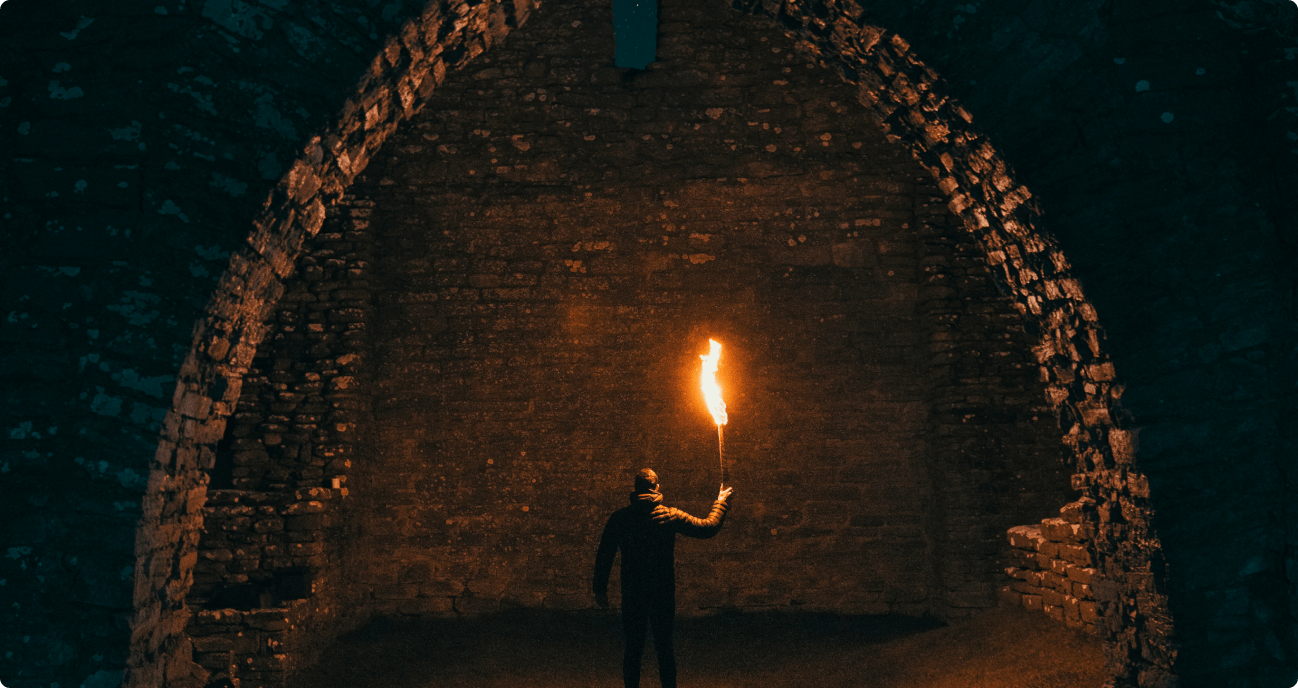There’s something magical about the African setting that makes it feel like a distinct fantasy was born here.
Maybe it’s the way the baobab trees stretch into the sky like something out of a dream. Or how the moon feels bigger when it rises over red soil and sings to the night. Maybe it’s because, for many of us, the first stories we ever heard were full of spirits, talking animals, and trickster gods who lived in the spaces between firelight and sleep.
African folktales have always danced with the fantastic. Before there were shelves labeled “fantasy” in bookstores, we already had shape-shifters in village myths, hidden worlds behind waterfalls, and heroes who crossed into the spirit realm to bring back justice, wisdom, or water. What Western fantasy calls “magic systems,” our stories have always treated as part of life.
But for a long time, the fantasy shelves didn’t reflect this. They gave us dragons from Europe, kings and castles from England, or faraway lands imagined through a narrow lens. It was rare to see a fantasy novel that sounded like home.
That’s changing now.
Today, more African writers are drawing from their own cultures, languages, and lore to create fantasy worlds that feel both ancient and new. Writers like Nnedi Okorafor, Marlon James, and Jordan Ifueko are showing the world that African fantasy isn’t a trend — it’s a return. A return to the storytelling traditions that raised us, now written with modern voices and global reach.
And the beauty is, Africa doesn’t have just one fantasy setting — it has hundreds. From the dunes of the Sahara to the rainforests of the Congo, from the Swahili coast to the highlands of Lesotho, each place has its own myths, creatures, gods, and cosmologies. Each one offers a fresh map for readers to explore.
The African setting is perfect for fantasy because it’s already steeped in wonder. It doesn’t need to borrow magic — it is magic. All we’re doing now is putting it on the page, in our own words, and inviting the world in.
And when a child in Lagos, Nairobi, Accra, or Gaborone picks up a book and sees their world as the place where the story begins — not just a backdrop, but the beating heart of it — something powerful happens.
They realize that their stories have always been legendary. Now, they’re just written in ink.



.png)





Nice